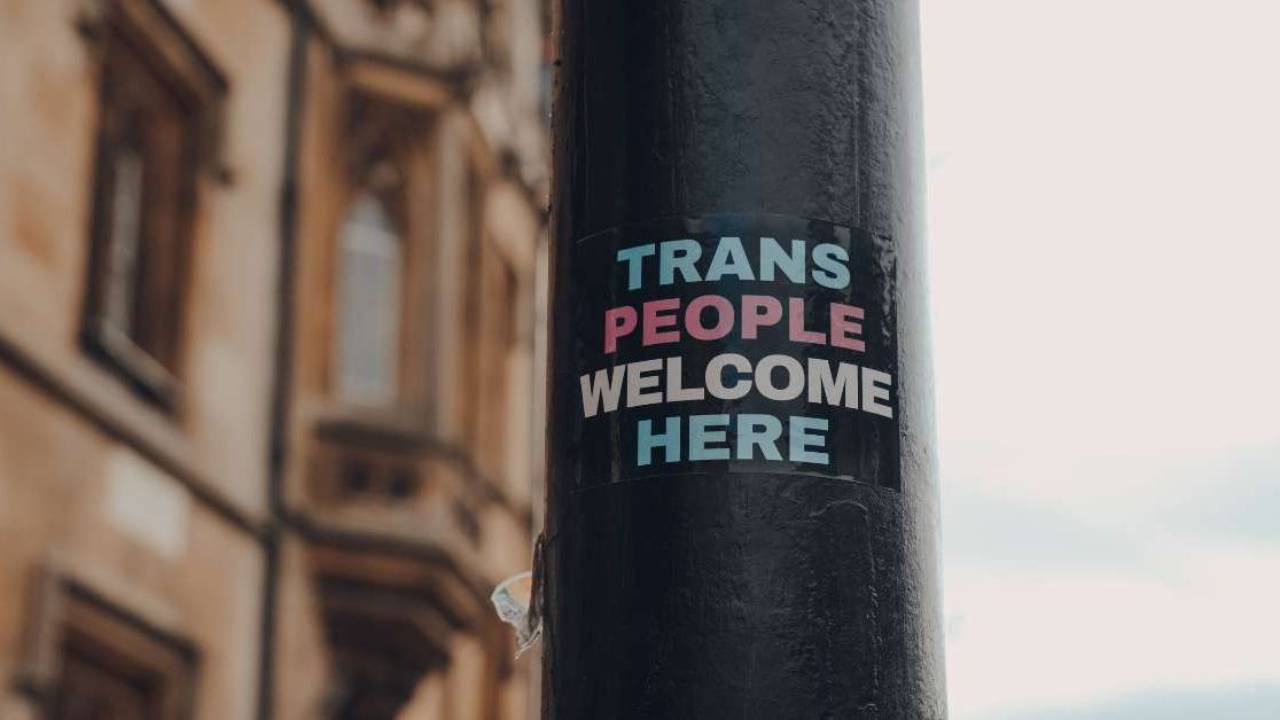Current Wins for Transgender Medicine in the Courts: Hope and Momentum for Clinicians
Sep 01, 2025
The legal landscape around transgender medicine has been turbulent—but it’s not all setbacks. Recent court victories show that affirming care continues to stand strong against political attacks. These wins not only protect patient access but also give clinicians clarity, reassurance, and tools to continue practicing evidence aligned medicine rooted in radical body autonomy.
Blocking Harmful Executive Overreach
When the Trump administration issued Executive Order 14187 in January 2025—misleadingly titled “Protecting Children from Chemical and Surgical Mutilation”—states and advocacy groups immediately pushed back.
By March, federal courts had issued injunctions halting enforcement of the EO in multiple states, ruling that the order likely exceeded executive authority and improperly interfered with clinician-patient decision making (AP News).
For clinicians, that means this: executive orders are not clinical guidelines, and courts are recognizing their limits.
State-Level Laws Struck Down
Several state bans on gender affirming care for minors have been challenged in court, with injunctions or rulings in favor of trans youth and their families:
-
Arkansas (Brandt v. Rutledge): The Eighth Circuit struck down Arkansas’s first-in-the-nation ban on gender affirming care for minors, affirming that such laws violate constitutional rights to equal protection and parental autonomy.
-
Florida: A federal judge blocked enforcement of provisions that criminalized clinicians for providing gender affirming hormones to youth, noting the state had ignored overwhelming medical consensus.
-
Kansas: A group of trans teens recently filed suit, and early injunctions are preventing the law from taking effect while the case moves forward (KCUR).
These wins highlight that bans are not inevitable—they are contestable, and courts are listening.
Affirming Care as a Constitutional Right
In multiple rulings, judges have explicitly recognized gender affirming care as:
-
Evidence based (citing WPATH and Endocrine Society guidelines)
-
Medically necessary for many patients
-
Protected under constitutional frameworks of equal protection, due process, and parental rights
This judicial acknowledgment strengthens the clinician’s role as a guide in patient-centered decision making, free from politically motivated interference.
Why These Wins Matter for Clinicians
-
Language for Documentation
Court decisions affirming that care is “medically necessary” provide strong wording for charts, insurance letters, and institutional conversations. -
Reassurance for Patients
Sharing these legal wins with patients can counteract fear, building trust that care is not only evidence aligned but legally defended. -
Momentum for Advocacy
Each ruling strengthens precedent, making it harder for future bans to withstand constitutional challenge.
What You Can Do
-
Stay Updated: Follow trusted legal trackers like Erin in the Morning for ongoing case updates.
-
Incorporate Legal Wins Into Care: Quote judicial language in appeals, letters of medical necessity, and care notes.
-
Anchor in Community: Remind patients and colleagues that while political attacks are loud, courts are increasingly affirming the right to care.
Despite hostile policies, the courts are delivering victories for transgender medicine—blocking bans, halting executive overreach, and affirming gender affirming care as medically necessary and constitutionally protected.
As a clinician, you can use these wins to strengthen your documentation, reassure your patients, and reaffirm that your work is backed not only by evidence and ethics—but also by the courts.
SUBSCRIBE FOR MONTHLY UPDATES
QueerCME distriputes a monthly newsletter which details our content updates. We also offer free live stream didactic sessions on topics in gender affirming healthcare, so we send out reminders around those as well.
We hate SPAM. We will never sell your information, for any reason.

